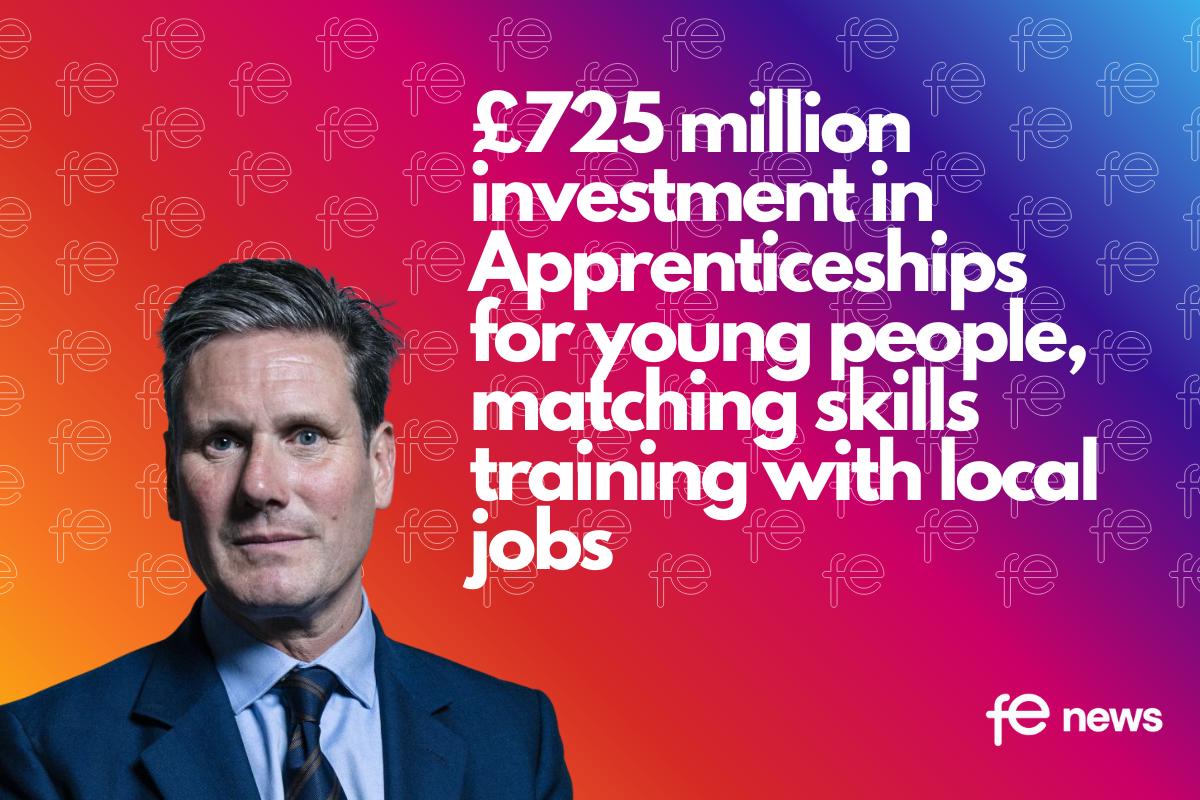Funding options for those wanting to gain new skills or change career

It is not uncommon to reach a point in our lives when we yearn for a fresh challenge, a new direction, a change in career. We may have worked in the same profession for years and crave for something new. Or we may feel the urge to work in a job where we can make a difference, a role that helps us make an impact.
Embarking on a career change, typically requires some kind of training to ensure we are sufficiently equipped to be successful in the role.
Finances can be one of the biggest challenges for those looking to gain new skills, change career and embark on a further education programme.
Fortunately, there are ways to fund career development and training, designed to help people develop new skills and change career.
Grants and bursaries
Securing a grant or bursary is one potential avenue to fund learning the necessary skills and experience required for a career change. Adult learners can apply for grants and bursaries to help pay for training and courses.
There is a number of course-specific grants and bursaries available. For example, City & Guilds offers a Bursary Programme to help applicants who are unable to pay for a City & Guild qualification themselves. These bursaries cover the costs that arise from the qualification, including learning materials, course and/or exam fees, childcare, travel and living expenses.
For individuals looking to embark on a career in healthcare, dentistry or medicine, they may be able to get an NHS bursary, or a social work bursary for social work. Those wanting to get into the teaching profession can get help with the costs associated with teacher training through teacher trainer funding.
Legal Entitlement
For younger people, aged 19 – 23, wishing to gain new skills or aid a change in career, they could have the necessary training funded by the government’s ‘Legal Entitlement’ programme. The programme is fully funded where youngsters of the relevant age are achieving a first Level 2 or Level 3 qualification.
Individuals aged 24 or over who are unemployed and wishing to achieve at Level 2, may also be eligible for Legal Entitlement.
0% interest loans
Another option to help fund the training and courses for career changes is to take out a loan. 0% interest loans are amongst the most attractive, enabling participants of the course purchase the training in a cost-effective way.
Such loans can be spread over a number of years, typically from one to five years and offer 0% interest for a set period.
Advanced Learner Loans
Another option to pay for training to gain the qualifications to start a new career are Advanced Leaner Loans. Such loans can be used to pay for the full cost of the training. Repayments of the loans only start to be made once the individual is earning £21,000 a year or more, after which 9% of everything earned over £21,000 will be automatically taken off the payee’s monthly salary by HMRC.
With a number of funding options available to help cover the costs of learning and training, the financial implications of training for a new career might not be as challenging as you think.
Hadyn Luke, Director of CMS Vocational Training (CMSVOC).
About CMSVOC: Offering a vast range of courses and training programmes across diverse sectors, CMSVOC is also able to offer a range of finance products for courses. CMSVOC’s 0% interest finance products can be spread out and paid back between 1 and 3 years.











Responses